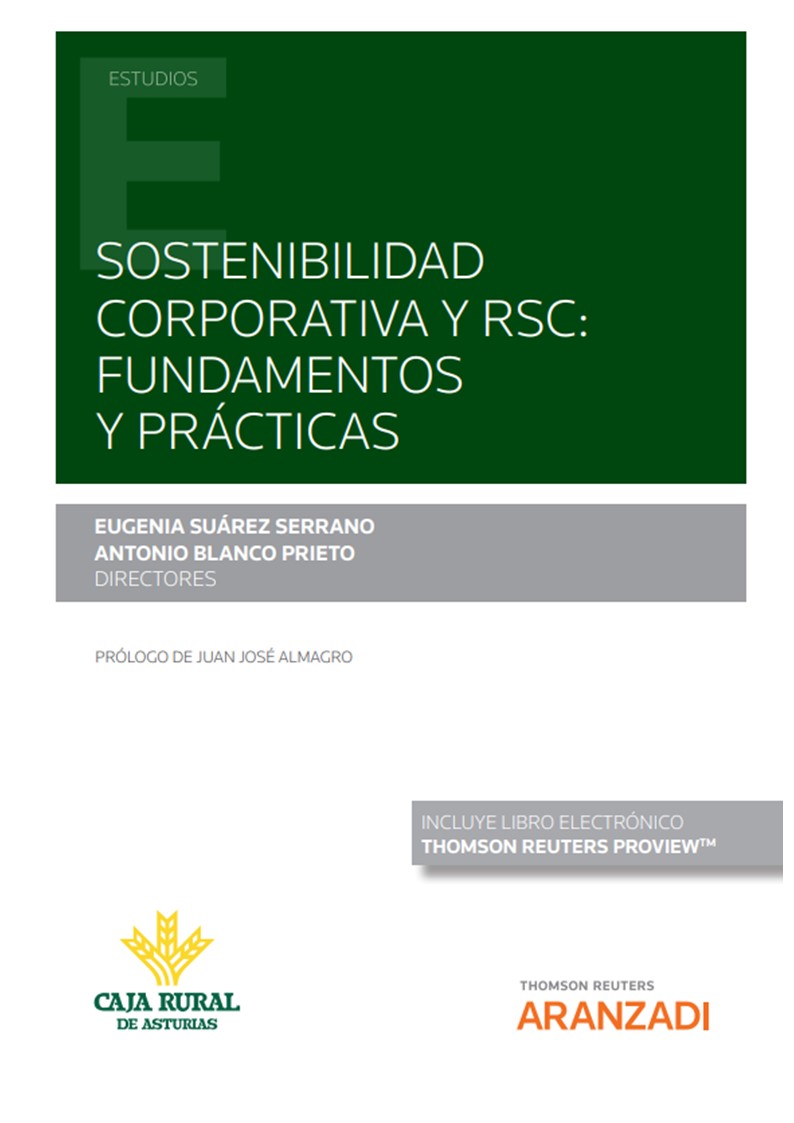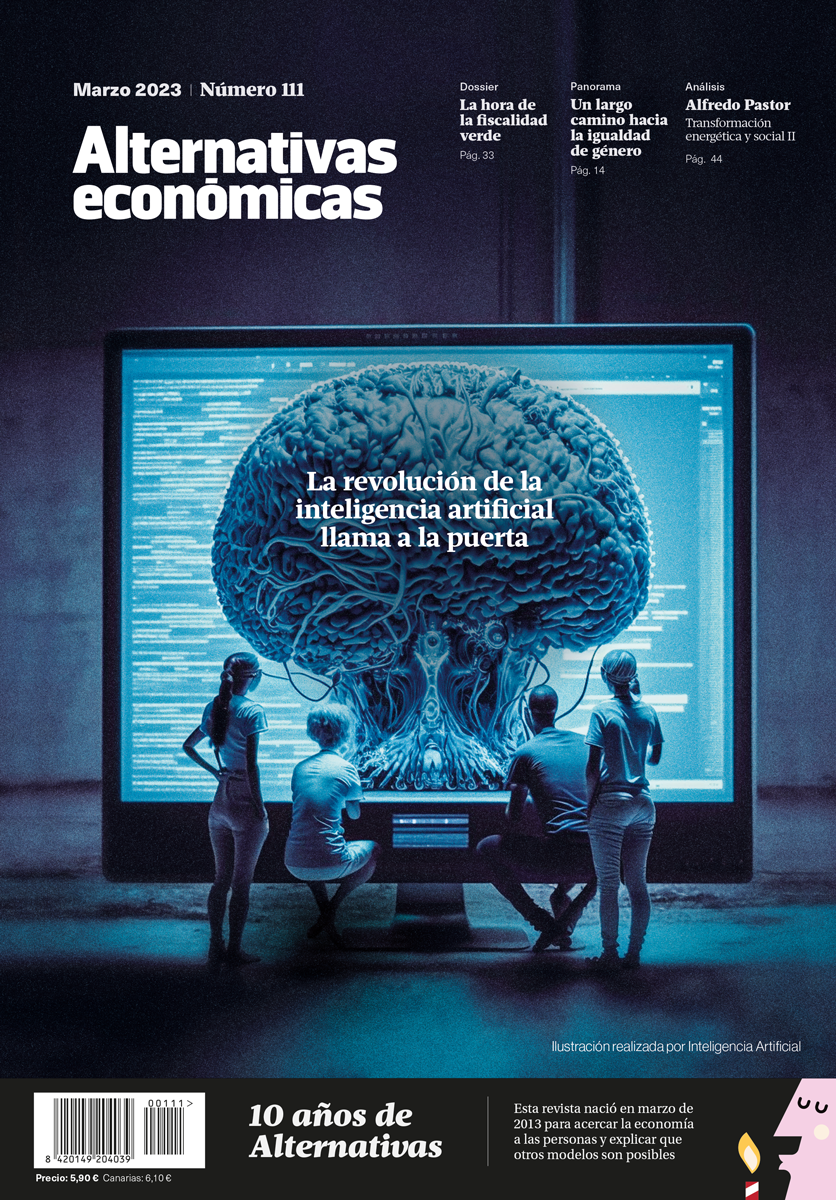

 Sostenibilidad corporativa y RSC : fundamentos y prácticas per
Sostenibilidad corporativa y RSC : fundamentos y prácticas per 
 Back to Basics per
Back to Basics per  How Pandemic Accelerated Digital Transformation in Advanced Economies per
How Pandemic Accelerated Digital Transformation in Advanced Economies per 

 ChatGPT and a new academic reality: Artificial Intelligence-written research papers and the ethics of the large language models in scholarly publishing per
ChatGPT and a new academic reality: Artificial Intelligence-written research papers and the ethics of the large language models in scholarly publishing per 
 AV Monografías
AV Monografías Casabella
Casabella Detail
Detail Lotus Internacional
Lotus Internacional The Architectural Review
The Architectural Review Alternativas Económicas
Alternativas Económicas Harvard-Deusto Business Review
Harvard-Deusto Business Review Harvard-Deusto Management & Innovation
Harvard-Deusto Management & Innovation The Economist
The EconomistAquesta obra està subjecta a una llicència de Reconeixement-NoComercial-CompartirIgual 4.0 Internacional de Creative Commons